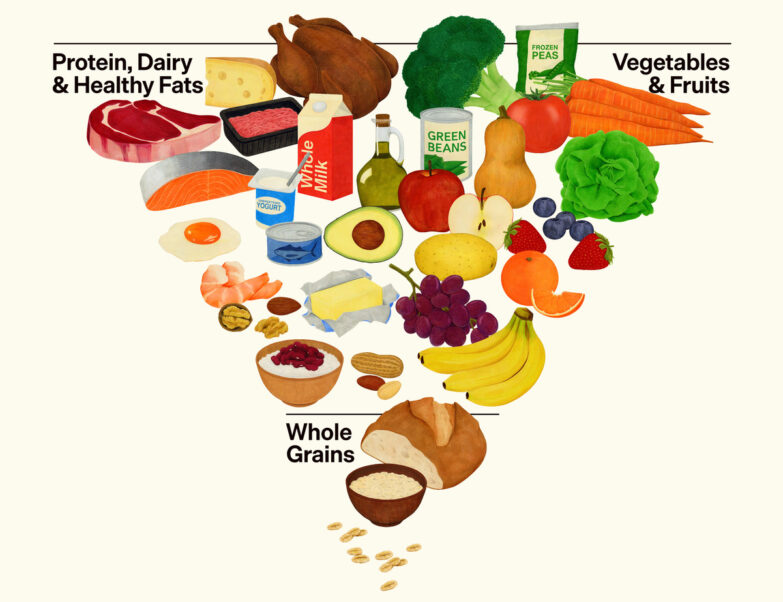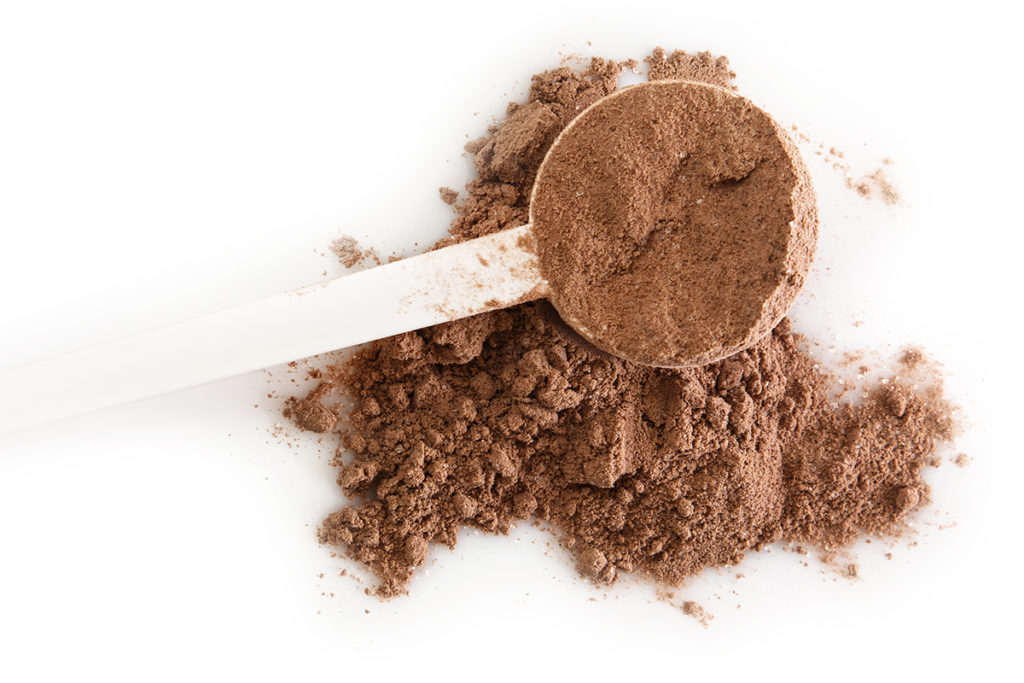Stress and Nutrition

Feeling stressed? You’re not alone! The trick is knowing what to do about it.
Research tells us that stress-relieving strategies include making a concerted effort to minimize stressors, engaging in meditation and physical activity, and nurturing strong social relationships.
That’s good advice, but it ignores the common plan that many of us resort to: the “comfort food” strategy.
Unfortunately, many comfort foods are full of fat and sugar, leaving people feeling lazy and sluggish, depressed about their bodies, and disappointed in themselves. And the outcome can be weight gain and an increased risk of obesity. In other words, just more to feel stressed about!
The good news is that our diets can actually help. While it’s generally a bad idea to eat for psychological reasons, there are beneficial ways to use food to manage or prevent complications from stress.
Natalie Digate Muth, MD, MPH, RDN, FAAP, a board-certified pediatrician, registered dietitian and ACE health coach from Carlsbad, California, shares insights into how we can apply healthful nutrition strategies—not only to help beat stress but also to stay healthy in spite of chronic stress.
Promoting Happiness Hormones
Chronic stress can reduce levels of serotonin, the body’s “feel-good” hormone. Serotonin is thought to be a key moderator of mood, appetite, sleep and memory. Some foods that may increase serotonin contain high levels of tryptophan, an amino acid needed to produce this “happiness hormone.”
Incorporating tryptophan-rich foods into a daily nutrition strategy is often advised as a way of raising serotonin levels and countering stress and depression. Additionally, vitamin D may enable the body to convert tryptophan to serotonin more effectively (Fox 2015). Other amino acids—like tyrosine, methionine and phenylalanine—also serve as precursors to important neurotransmitters (dopamine and gamma-aminobutyric acid, or GABA) that influence mental health. How well these amino acids can cross the blood-brain barrier to impact mental health is variable and an area of active investigation.
Nutrition strategies may also be aimed at decreasing the intensity or effects of stress-induced conditions like high blood pressure, anxiety, depression and insomnia. For example, potassium-rich foods can assist in lowering blood pressure. Some herbal substances, such as chamomile, may lessen anxiety and depression (Amsterdam et al. 2009), and there is some evidence that foods like tart cherries may improve sleep quality through production of melatonin (Howatson 2012).
The following foods may not make your stress go away, but they could reduce the negative health effects that are highly associated with chronic stress, including depression, anxiety, insomnia and cardiovascular disease.
- Turkey, shrimp, dairy, soy and pumpkin seeds contain high amounts of the amino acid tryptophan, which is associated with a boost in the “happiness hormone” serotonin, which in turn may lessen depression and anxiety.
- Broccoli, Brussels sprouts and asparagus are loaded with folic acid, a vitamin associated with serotonin production.
- Dairy products, sunshine and other sources of vitamin D may boost serotonin levels through an increase in the enzyme that converts tryptophan to serotonin.
- Oatmeal and other complex carbohydrates can stimulate the brain to produce serotonin. Carbohydrates that are absorbed more slowly help to ensure a steadier supply of serotonin.
- Oranges, grapefruits, red and green peppers, and many other fruits and vegetables are rich in vitamin C, which can aid in lowering blood levels of stress hormones like cortisol and adrenaline and ease the subjective feeling of being stressed.
- Crunchy veggies like carrots and celery sticks don’t possess any special nutritional content for fighting stress per se, but the crunchy sensation that comes from eating them provides mechanical stress relief.
References
Amsterdam, J.D., et al. 2009. A randomized, double-blind, placebo-controlled trial of oral matricaria recutita (chamomile) extract therapy of generalized anxiety disorder. Journal of Clinical Psychopharmacology,,/em> 29 (4), 378-82.
Fox, J.C. 2015. Research suggests vitamin D could affect brain function. Boston Globe. Accessed Jan. 5, 2015: bostonglobe.com/lifestyle/health-wellness/2015/01/05/research-suggests-vitamin-could-affect-brain-function/kdJThHsLlEpVRrdaesCSOK/story.html.
Howatson, G., et al. 2012. Effect of tart cherry juice (Prunus cerasus) on melatonin levels and enhanced sleep quality. European Journal of Nutrition, 5 (8), 909-16.





